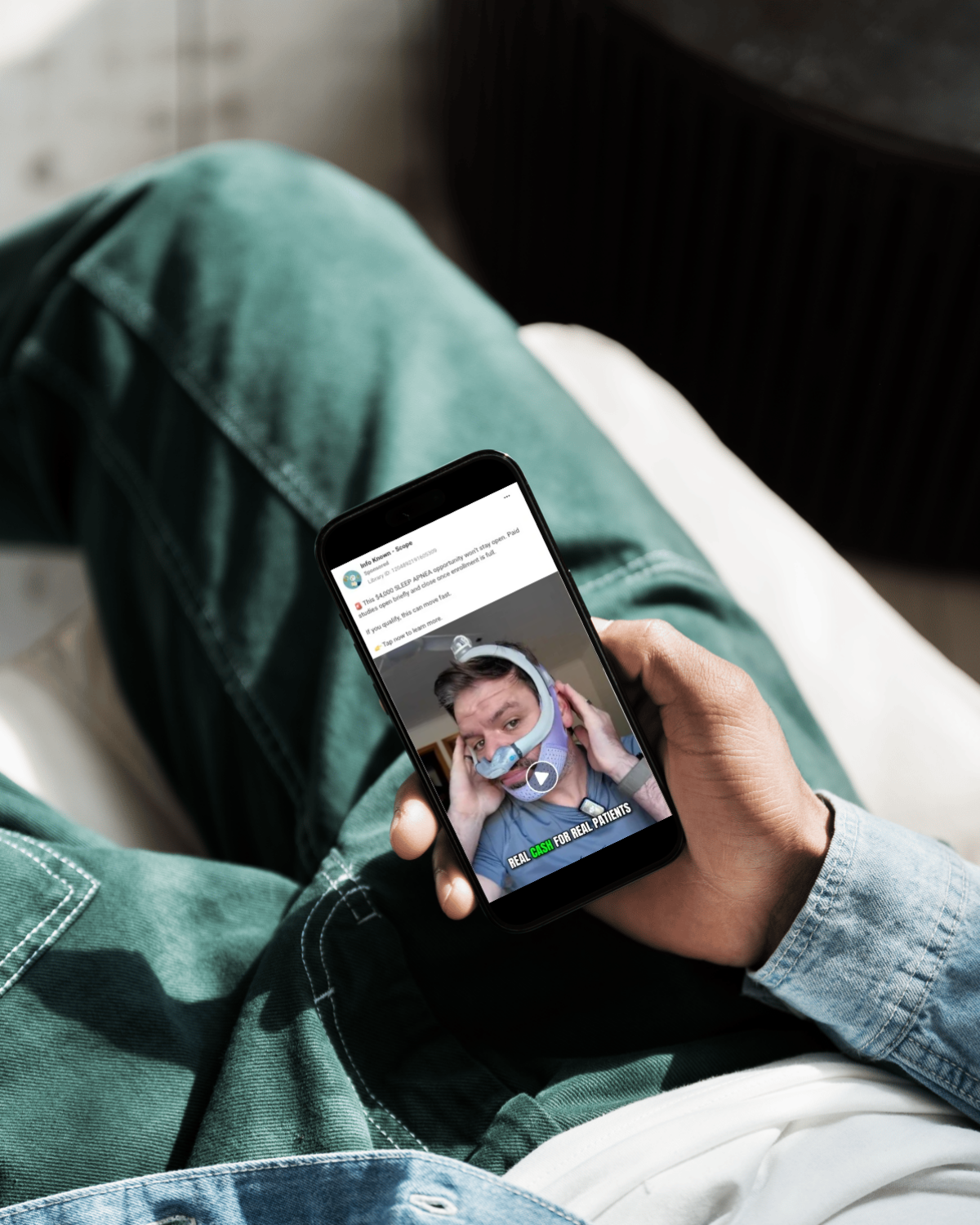
Sideline Your AI Cheerleader: Why Marketing Needs More Critics in 2026
I can’t navigate my day in digital marketing now without hearing “AI” mentioned at least 20 times. It’s dominating the industry to the point that platforms keep rolling out products with “MAX” and “Plus” in the name, like they’re launching their very own AI streaming service. All promising to make you self-sufficient as a marketer while using AI algorithms to do the heavy lifting. I get it. Why create your own ads, strategy or targeting when AI can do it better?
But can it?
The AI Cheerleader Problem
When was the last time your AI platform of choice called your ideas completely ridiculous or told you they had more holes than Swiss cheese?
Never, right?
Every idea you feed it gets the same enthusiastic response: helpful, supportive, agreeable. That’s because AI is your biggest cheerleader when you really need it to be your biggest critic. And in digital marketing, especially when it comes to growth, you need someone willing to tell you the truth.
Some of the best strategic pivots I’ve seen in my career came from someone in the room saying, “No, that won’t work because…” Real value often comes from the hard feedback, the “have you thought about this?” pushback or brainstorm.
AI doesn’t do that. It optimizes for helpfulness, not hard truths. It does NOT have an opinion.
The “Stunt” That Made Me Nervous
We ran an experiment recently that honestly made me a little uncomfortable. Multiple team members presented the same digital marketing challenge to AI, different people, different times, slightly different prompts. (I’d actually encourage you to do this yourself)
The outputs were almost identical.
Think about what that means. If your team is using AI to define your strategy and your competitor’s team is using AI, and you’re both getting the same recommendations, the same ad copy structures, the same “best practices,” where exactly is your competitive edge?
Right now, everyone’s being optimized toward the same safe middle ground. We’re losing what makes digital strategy unique.
When a client comes to us with a challenge that doesn’t fit neatly into established playbooks, AI defaults to the closest thing it knows. While that isn’t too far from what humans would do based on experience, marketers are applying much more nuance to structuring a plan or test than AI ever could.
For example:
- AI doesn’t attend your client meetings. It doesn’t hear the CEO’s tone when they talk about brand risk. It doesn’t catch the CFO’s body language when discussing budget. It can’t tell you, “Based on this conversation or feeling interpretation, we need to completely pivot our recommendation.”
- AI will suggest A/B tests. What it won’t do is design a test specifically meant to prove your stakeholders wrong about their pet theory. Sometimes the most valuable thing an agency does is create the evidence that changes minds and inspires growth and conversation. A good agency isn’t always a cheerleader but a truthful partner that pushes you to do better.
- There are moments when the data says one thing, but experience says something else entirely. Sometimes you need someone who’ll push back on what the algorithm recommends because they’ve seen this move before and know how it lands.
Why You Should Sideline Your AI Cheerleader in 2026
I’m not saying AI isn’t useful. We use it everyday. It’s great for efficiency, for generating options, for handling repetitive tasks. But it’s a tool, not a strategist.
As AI tools become more sophisticated and accessible, I’m predicting we’ll see a split in the market. One group will lean heavily into AI self-sufficiency, using the same tools, getting the same outputs, and wondering why their campaigns perform average in comparison to competition. The other group will use AI as a force multiplier while doubling down on the things AI can’t replicate.
That’s where in-house teams and agencies define themselves in an AI world. Experienced digital marketers bring strategic judgment, creative courage, and the willingness to have difficult conversations about what’s actually working. They’re going to take a chance on the impossible stunts.
The real competitive edge in 2026 won’t come from those with the best AI tools, as everyone will. It’ll come from who has the judgment to question the AI’s logic, the creativity to try something outside the data, and the guts to tell you your idea needs work. Don’t shy away from having or receiving feedback. Sometimes, that’s exactly what you need to hear to be the best cheerleader for your brand that you can be.
Want more strategic insights like this?
Our newsletter explores the strategies, technologies, and approaches that are actually moving the needle for privacy-first brands. No fluff, just actionable insights and real-world lessons from the front lines of performance marketing.


